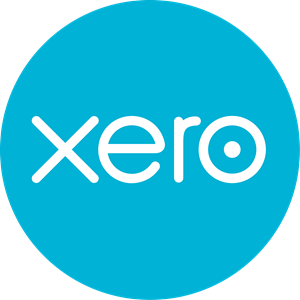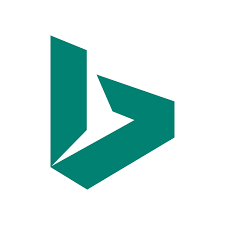We Created A $100K/Month No-Code Tool For Video Game Developers
Hello! Who are you and what business did you start?
Hello everyone! My name is Thomas Gullen and I’m the co-founder of Construct 3 along with my brother Ashley. Construct 3 is a game engine that allows anyone to make games without needing to know how to code - “Powerpoint for games”. We feel a lot of other low-code/no-code engines slip into cookie-cutter-style game engines, and a primary focus for Construct has always been not to fall into this trap and allow users to have complete control over every aspect of their games. We’ve recently celebrated our 10 years anniversary of starting the business, and it’s a little unnerving how quickly that time has flown by looking back!
It feels like a privilege to be invited to write our story for Starter Story, and looking back I feel personally exceptionally lucky to have been able to be part of this business and grow it to where it is today.
We’re currently generating in the region of $100k per month in revenue - a number if you’d told me and Ashley 10 years ago we’d be generating I don’t think either of us would've believed it. We’ve gone through some major transitions in the business, not only the technology choices but also how we charge customers (moving...

Download the report and join our email newsletter packed with business ideas and money-making opportunities, backed by real-life case studies.

Download the report and join our email newsletter packed with business ideas and money-making opportunities, backed by real-life case studies.

Download the report and join our email newsletter packed with business ideas and money-making opportunities, backed by real-life case studies.

Download the report and join our email newsletter packed with business ideas and money-making opportunities, backed by real-life case studies.

Download the report and join our email newsletter packed with business ideas and money-making opportunities, backed by real-life case studies.

Download the report and join our email newsletter packed with business ideas and money-making opportunities, backed by real-life case studies.

Download the report and join our email newsletter packed with business ideas and money-making opportunities, backed by real-life case studies.

Download the report and join our email newsletter packed with business ideas and money-making opportunities, backed by real-life case studies.





























